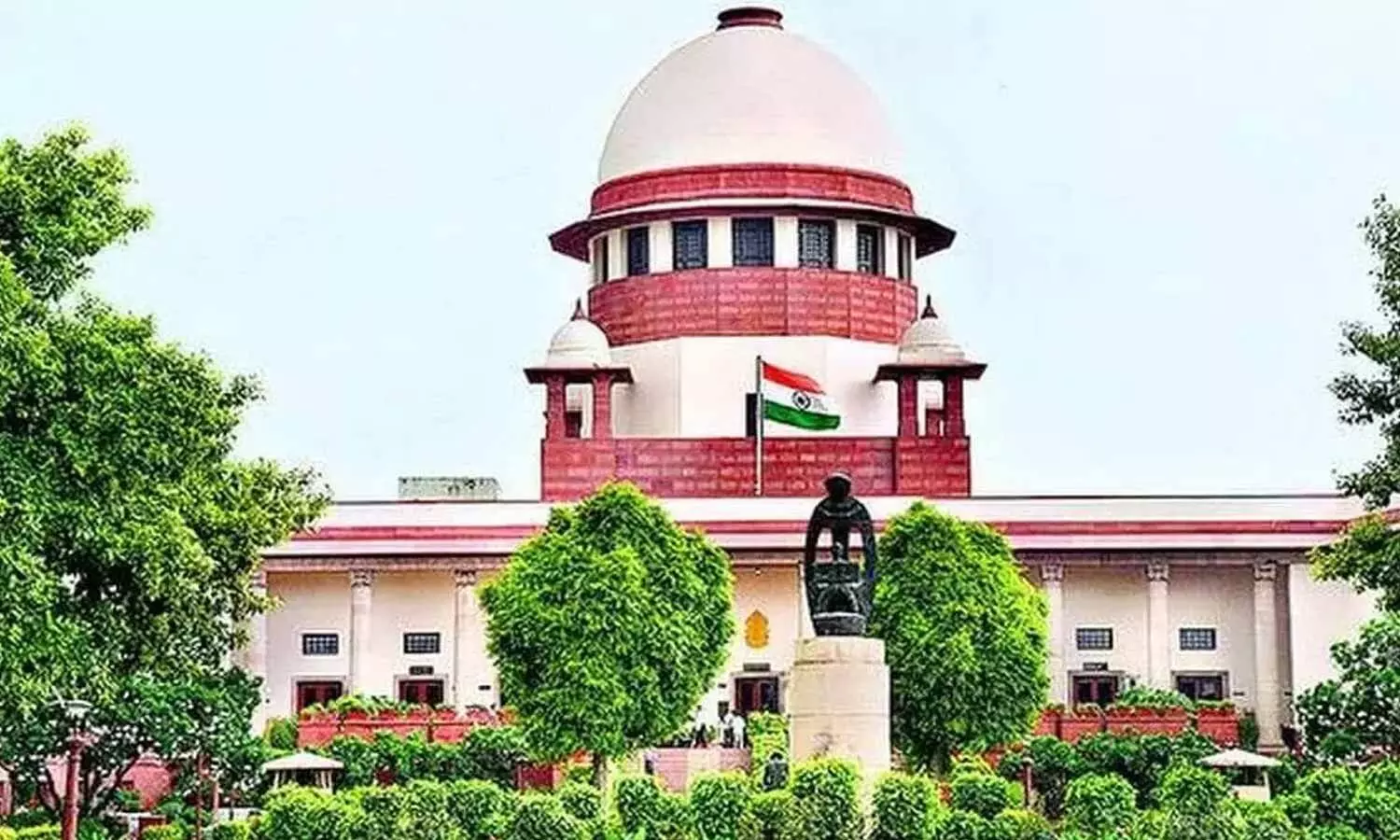Skill scam: Chandrababu Naidu's quash petition in Supreme Court posted for October 9
A Supreme Court Bench of Justice Anirudh Bose and Justice Bela Trivedi, hearing the quash petition of Nara Chandrababu Naidu in the skill scam case, posted further hearing of the case to next Monday

NEW DELHI: A Supreme Court Bench of Justice Anirudh Bose and Justice Bela Trivedi, hearing the quash petition of former Chief Minister Nara Chandrababu Naidu in the skill scam case on Tuesday, posted further hearing of the case to next Monday.
The arguments of Naidu’s counsels Harish Salve, Sidharth Luthra, Manu Singhvi and Andhra Pradesh Government's counsel Mukul Rohatgi hinged on the application of section 17-A of the Prevention of Corruption Act (PC Act) on the skill development scam case.
Harish Salve, presenting his arguments by quoting the paragraphs from Justice Joseph's judgment in Yashwant Sinha in the Rafale case said that section 17-A applied to Chandrababu Naidu in the skill scam case as the date of registering the FIR would be taken into account and not the date of the offense.
Justice Bose then asked what the date was when the alleged Yashwant Sinha-Rafale offense was committed. Siddharth Luthra answered that it was in 2015-16. Justice Trivedi, digging deep into the application of 17-A pointed out that 17A could be applied to offenses under the PC Act and also IPC offenses. AP Government counsel Mukul Rohatgi said that the Supreme Court in earlier judgments had addressed this issue. that
The arguments continued with Salve saying that the section mentioned the words ‘abuse of official position.’ Section 17A is very clear. It is set out to prevent this kind of regime revenge,” Salve argued. Salve read out Section 17A, and said that it was related to acts done by a public servant in discharge of official functions.
Justice Trivedi pointed out that the offense (Yashwant Sinha) was committed before the 2018 amendment that introduced section 17-A. To this, Salve said that the inquiry was after the amendment. “This is pure procedure. You have to obtain sanction from the Governor. It has nothing to do with the date of the offense, it has to do with the date of the inquiry,” Salve reiterated his argument.
Countering the argument of AP CID, Salve said that the AP High Court said that section 17A could not be applied to offenses committed before July 2018. “That is simply not correct, the date of offense does not matter. This(17A) is a protection given,” Salve said.
When the issue of whether the skill development project was a cabinet decision and not by a single person, Justice Trivedi said that the bench was not looking at the merits. Singhvi said “I am saying this for the argument on discharge of official duties, The objective of the amendment is to give a filter of protection. The judge notes this is a cabinet decision. So prima facie, it is in the discharge of official duties,” Singhvi said.



